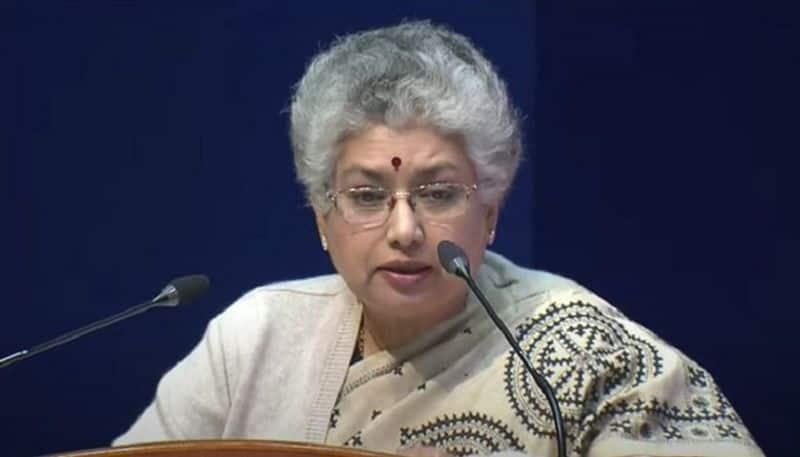Jahanvi Agarwal
In a momentous development within the Indian judiciary, Justice B V Nagarathna of the Supreme Court is set to re-examine a critical 1989 ruling that distinguishes between ‘industrial alcohol’ and ‘intoxicating liquor’.
This judgment, central to an ongoing dispute between the Centre and states regarding taxation and regulation of liquor and alcohol, was part of a decision made by a seven-judge bench that included her father, the then Chief Justice of India E S Venkataramiah. Justice Nagarathna, serving on a nine-judge bench led by Chief Justice D Y Chandrachud, is meticulously scrutinizing the intricacies of this issue to resolve the current conflict.
The case is not merely about the legal precedent; it carries sentimental significance, marking a historic occasion where a daughter revisits her father’s judicial decisions at the highest judicial forum in the country. Additionally, Justice Nagarathna is slated to become the first woman Chief Justice of India in 2027, a momentous milestone in the history of the Indian judiciary.
Her brief tenure of 37 days will also signify the first instance of a daughter succeeding her father as the head of the judiciary, reflecting a unique legacy akin to that of CJI DY Chandrachud and his father, Justice Y V Chandrachud, the longest-serving Chief Justice of India.
The case revolves around the legal and tax distinctions between intoxicating liquor and industrial alcohol, impacting the regulatory and revenue frameworks for both states and the central government. The ongoing deliberations have shed light on new perspectives regarding alcohol regulation under the Seventh Schedule of the Constitution, which delineates powers between the Centre and the states.
Throughout the proceedings, the term ‘industrial alcohol’, notably absent in the constitutional legislative entries, has emerged as a focal point of discussion. Arguments presented in court have sparked engaging and sometimes light-hearted moments, underscoring the depth and complexity of the issue at hand.
States advocating for exclusive control over industrial alcohol contend that Extra Neutral Alcohol (ENA), a vital component for both potable liquor and industrial alcohol, falls within their regulatory domain. This stance challenges the 1989 Synthetics judgment, in which Justice Nagarathna’s father was involved, equating industrial alcohol with ethyl alcohol and rectified spirit, thereby necessitating a re-evaluation.

